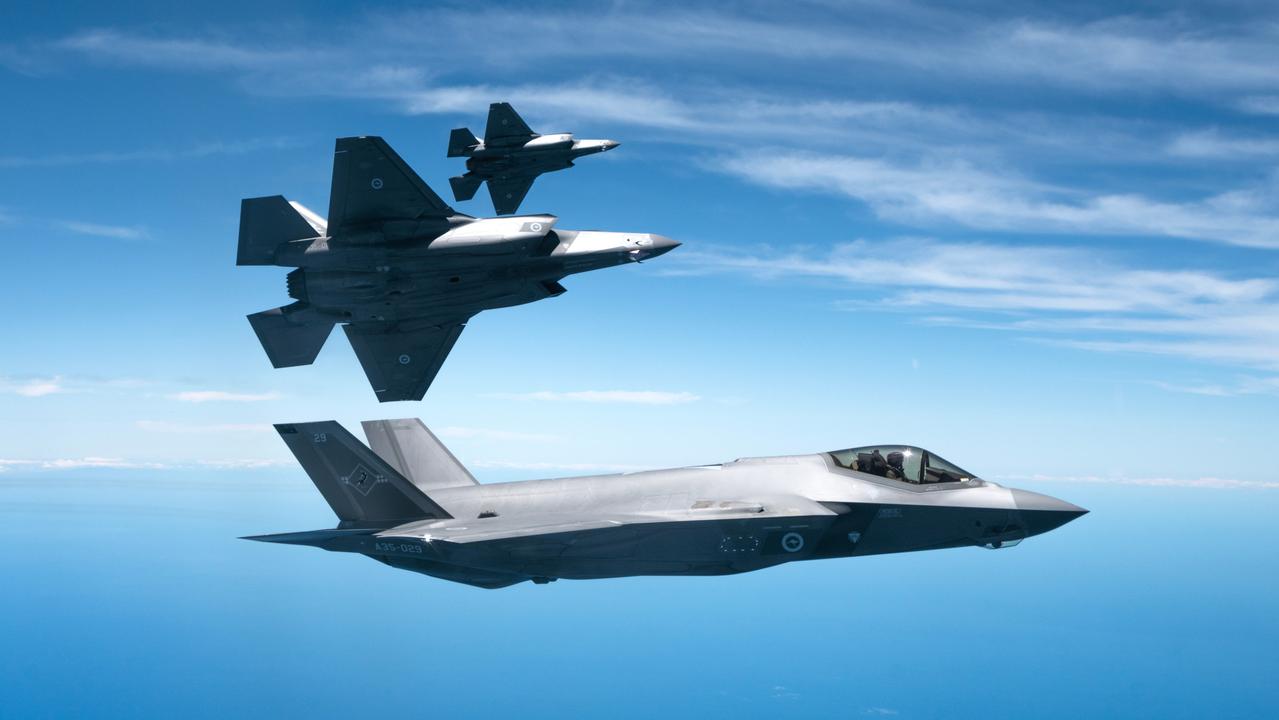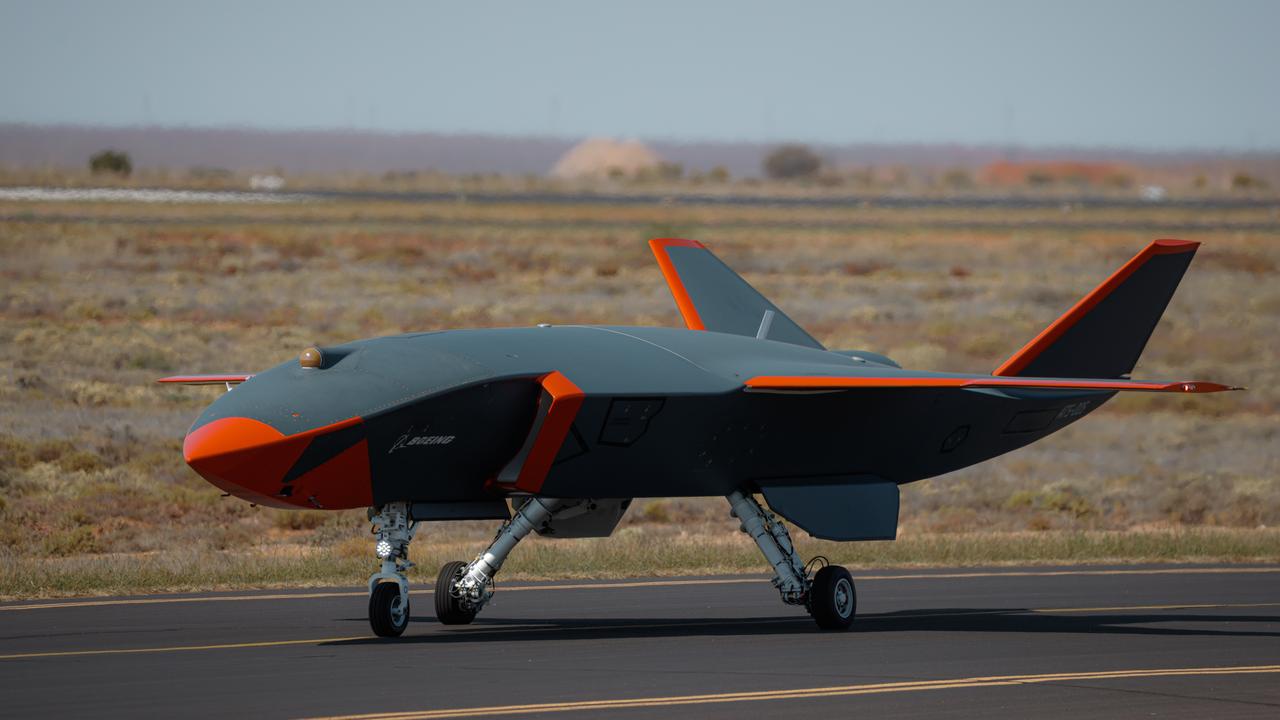Leaders will have an edge in business
When an artillery shell exploded metres from Tom Nguyen’s team during a live fire exercise, the situation taught him key leadership lessons no university or corporate setting could.

When an artillery shell exploded metres from Tom Nguyen’s team during a live fire exercise, the young artillery officer found himself in a situation that taught him key leadership lessons no university or corporate setting could.
The shell, which should have landed 10km away, sprayed shrapnel, injuring colleagues and triggering a nationwide halt of artillery training.
Nguyen, now a successful business consultant, says experiences like this in the army gave him the leadership skills, maturity and mindset that have driven his success in business.
He says one of the key lessons from the shell incident is the importance of authenticity in leadership, and that the “huge challenge” of assuring the team the right processes were in place to prevent another incident meant he had to be sure of it himself.
“You’re representing the institution, but you need to remain authentic,” he says.
“Soldiers can smell when you’re giving them an act.”
Nguyen was first inspired to join the army after a successful but unchallenging start to his career in IT with the Queensland public service. “I had finished high school, university and had a full-time job that I couldn’t be fired from,” he says. “I had a mortgage and thought, is that it? Nothing had been particularly challenging.”
At 22, he decided he needed to push himself further and joined the Army Reserves while continuing his job in the public service. “I needed to do something I wasn’t sure I could succeed at. I needed to be yelled at,” he says.
What began as part-time service soon turned into a full-time contract. After officer training at RMC-Duntroon, Nguyen was posted to a gun line, where he ran the command post and spent time with the brigade headquarters.
He says his leadership experiences in both the public service and the army were an interesting contrast. “At various times in the APS, I led small teams between three to seven people, but leadership in the army is different,” says Nguyen. “Whether it’s running fast or shooting straight, it’s a vehicle for practising leadership. You have to show a spark of inspiration and the ability to motivate people, especially in situations where everyone’s motivation is scraped to the bare bones.”
After leaving the army, Nguyen went overseas, completed an MBA at INSEAD in France and joined the Copenhagen office of McKinsey & Company.
“Through that experience, I had some of the best personal development and leadership training that money can buy,” he says, “but it doesn’t compare to the leadership training in Defence.”
In civilian roles, “you do the work, and once you’re good, you get a team. If you’re lucky, you get a two-week course on how to manage teams, but in the army, you’re constantly practising leadership.
‘Some of the best people in training, leadership and decision-making come from Defence, and that’s worth a lot. Once you understand that, the transition will be the best you can hope for.’
– Tom Nguyen, former soldier on returning to civilian life
“I’m not a naturally physical person, so I was completely out of my depth all the time. It was addictive being pushed – I couldn’t get enough. I was always in a state of vigilance and excitement but always coming back for more.”
Nguyen says his army experience gave him an edge when transitioning to a career in business.
“When you’ve had that training and come back to the civilian world, you’re not only very experienced in personnel management, but you also have a framework and vocabulary for talking about it in ways that your peers don’t.”
He says learning to understand hierarchies and teamwork at an early age is an important skill that people are able to take away from military service.
“You need to interface up and down and work with people several rungs more senior,” he says. But also, if you’re in charge, “you learn you don’t need to be the hero at the centre”. Rather, it’s about knowing who the expert is and making sure they get the recognition. “The army puts you in an environment where you’re forced to do that. You develop an understanding of how to relate to people in a hierarchical, complex, high-stress environment.”
This wealth of experience set Nguyen up for success in his next chapter. At McKinsey, he worked on projects across more than 15 countries over 3½ years, gaining invaluable international exposure. Now an independent management consultant, he specialises in strategic advisory, providing analysis and recommendations to corporate executives and boards in Australia and overseas.

Reflecting on his transition to civilian life, Nguyen says support networks were not as comprehensive when he left the army as they are today, particularly since the Department of Veterans’ Affairs established the Veteran Employment Program.
The VEP now provides ex-service personnel with online information and resources to help them seek employment.
However, during his transition, Nguyen benefited from being with McKinsey, where there was a well-established path commonly followed in the US – military, MBA, corporate career. “There’s a lot of support from being with an American company, and ex-military people could support me,” he says. “VEP is helping civilian employers in Australia develop that.”
Nguyen says that historically in Australia, transitioning Defence members were often guided towards careers in logistics and supply chain management, but VEP has expanded the opportunities. “It’s great for broadening it out and offering pathways at different levels. They’re getting established pipelines in place,” he says.
As a speaker for the program, Nguyen says he’s seen first-hand how businesses are struggling to hire good talent. “VEP is valuable for employers to access good talent and bridge the gap between Defence and the civilian world. It helps Defence people understand how their training translates, and helps employers understand what to look for.”
Nguyen’s advice for service people transitioning to civilian work is straightforward: “It feels daunting. It’s natural to be intimidated by all these clever people in suits, but people need to know they’re equally impressed by you with your Defence experience.
“Some of the best people in training, leadership and decision-making come from Defence, and that’s worth a lot. Once you understand that, the transition will be the best you can hope for.”


